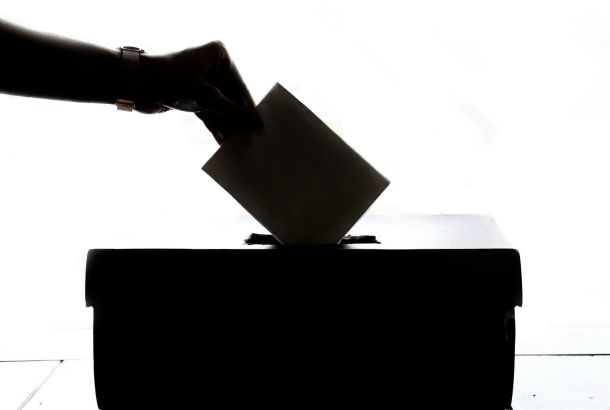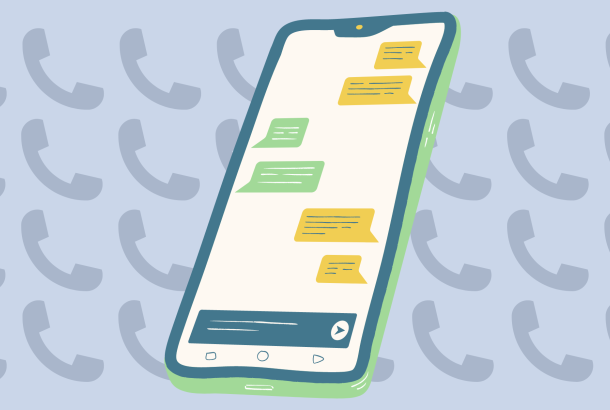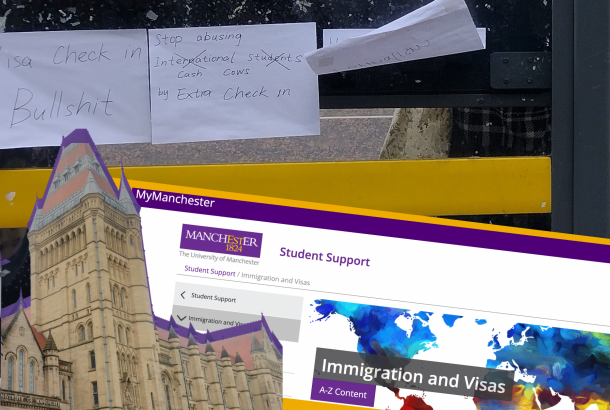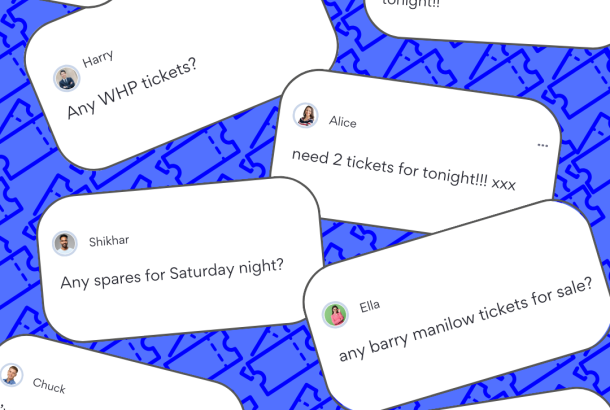Revealed: The students trapped in debt after using ‘buy now, pay later’ service Klarna
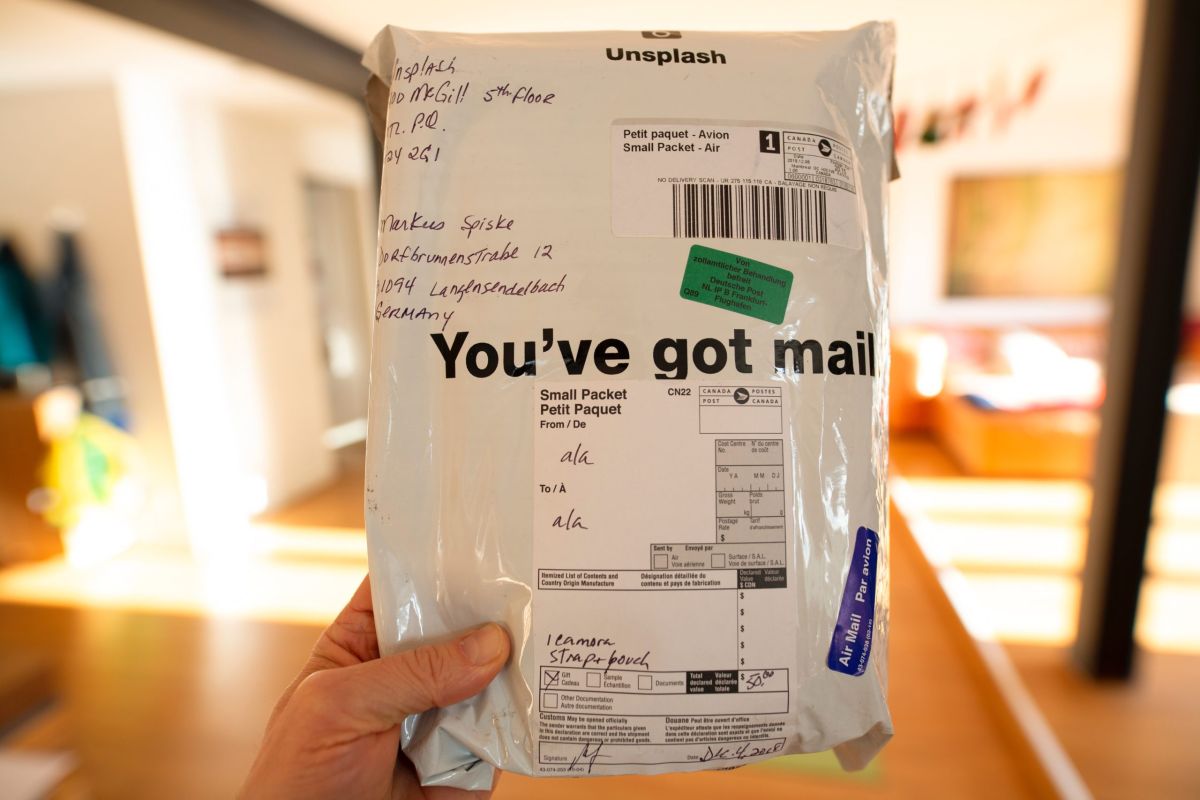
Shopped online recently? You might have seen a ‘buy now, pay later’ option, letting you delay payments for up to 30 days or split them into three installments.
Many ASOS-loving students will be aware of one company in particular offering this service: Klarna.
The Swedish start-up lets consumers “buy what you love” with no interest, no fees and, supposedly, no impact on your credit score.
Now more than ever due to the Covid-19 pandemic, many students are facing financial uncertainty. And for some, Klarna has been a slippery slope into debt.
The Mancunion has spoken with several students who have used the service, which allows users to shop from the comfort of their bed without even having money in their account.
The undergraduates said they felt “trapped” by the service and claimed they had quickly spiralled into debt after falsely believing it to be a “quick fix” for their shopping desires.
In response, a spokesperson for said: “At Klarna, we take our responsibilities very seriously.
“At checkout there is a clear and simple process that provides customers considering Klarna with the information they need to make the best choice for them.
“Furthermore, our commitment to our consumers is to ensure we are very careful about who we make our services available to, and in the few cases where people do struggle to pay, that we help them make their payments in a way which fits their needs.
“We conduct strict eligibility checks on each and every transaction and restrict access to our service for consumers who miss payments because we do not want customers to ever be in the position where they are worried about making Klarna payments.”
“It’s a trap”
For cash-strapped students waiting for their loans to drop, Klarna might seem like a quick and trustworthy fix.
And they’re not alone: more than 5 million people have used a buy now pay later service since the start of the pandemic.
Mo-Lily, a third year old student at the University of Manchester, was contacted by a third-party debt collection agency after missing payments. She described her experiences using Klarna as “scary”.
“I was broke but I was applying for jobs, so using Klarna seemed fine,” she said. “It wasn’t until I got a letter from a debt collection company that I remembered that I even had the debt.”
Though Klarna reminds users when payments are due, Mo-Lily claims that she only got one reminder email.
“It’s a trap. They make you think it’s easy and that nothing bad can happen but it’s not, especially if you have no experience with credit. Now, I think of it as if you have to use Klarna, don’t buy it.”
Chris Waugh, a former debt advisor for debt charity StepChange, described how ‘buy now, pay later’ models like Klarna seem to target young, and often vulnerable, shoppers.
“[Klarna] markets itself as a service where there’s not going to be any adverse effect on your finances or credit rating… [but] debts can start to build up very very quickly,” he said.
For students who didn’t have particularly stable income streams even before the pandemic, this can be particularly damaging, argues Waugh. At best, Klarna gives people the ability to buy without the reality of it, and at worst, it can be a gateway to long-term financial difficulties.
‘Klarna preys on young people’
On tiktok, #Klarna has more than 23.1 million views. The page is filled with young users hashtagging relatable Klarna stories. TikTok may not be a scientific barometer for assessing Gen-Z habits, but it points to how popular the payment service has become among young people.
Maya describes getting herself into a financial “black hole” after using Klarna, describing how she felt detached from making online purchases.
“I started using Klarna to buy clothes before I got paid, but I didn’t stop when I lost my job because of Covid,” she explained. “It just didn’t feel real and I got detached from the money.”
Maya added: “The debt started to build and I couldn’t pay it back, so I took out credit cards to help pay it. I was really naive about the reality of credit and how dangerous it can actually be.
“It really affected my mental health and I think companies like Klarna need to take more responsibility.”
Klarna was a stepping stone to more debt and mental health problems, Maya said, adding that young people need to be aware of that.
The charity Money and Mental Health revealed in a 2016 survey of nearly 5,500 people that those with mental health problems were more likely to take out ‘buy now, pay later’ credit and struggle to manage money and control spending.
Sophia claimed that she was able to bypass Klarna’s soft credit checks, despite debt that she had amassed from credit card loans.
When Klarna started popping up as a payment option on the popular shopping sites she visited, she again thought “why not? It’ll be fine”.
“I think it preys on young people who don’t have 100% awareness and knowledge of debt, credit and how damaging it can be,” Sophia explained.
All customers have the option to ‘snooze’ Klarna payments for 10 days, but for many people, a short delay is not a solution. Klarna also encourages buyers to make purchases, “manage [their] money”, and get support through their app.
On Klarna’s website, they urge buyers to “think thrice: Do I love it? Will I use it? Is it worth it?”
But for some, it isn’t so simple. Debt advice services, activists and buyers themselves have called for better regulation to protect those most vulnerable.
‘I would wear clothes a couple of times, then throw them away’
Jasmine stopped using Klarna because she believes it promotes unsustainable shopping habits. Loads of the brands that use Klarna are fast fashion.
“I’ll probably wear the clothes a couple of times, then throw them away,” she said.
Some of the Klarna’s ‘top brands’ include Missguided, Pretty Little Thing and ASOS. These fast fashion brands have been accused of promoting a ‘wear it once’ culture, where clothes are discarded after being worn – and usually documented on Instagram – once.
Earlier in the year, students at The University of Manchester created more sustainable businesses, partly in response to fast fashion, selling pre-loved and upcycled clothes and jewellery.
Perhaps ‘buy now, pay later’ services will continue to present a convenient option as long as consumers feel pressure to constantly buy, though they are far from risk free.
The Klarna Spokesperson added: “All customers can choose to ‘snooze’ a payment for 10 days and we encourage customers who are worried about repayments to get in touch and our customer support teams are on hand 24/7 to help.
“Whatever the situation, Klarna is focussed on giving consumers useful tools – including within our Klarna app, plenty of information, and the necessary support to manage their spending.”
If you’re worried about your finances, you can find resources at Manchester Student Support.
You can also find debt support at StepChange, The Money Advice Service, Money and Mental Health and National Debtline.
*All student consumer names have been anonymised to protect their identity
